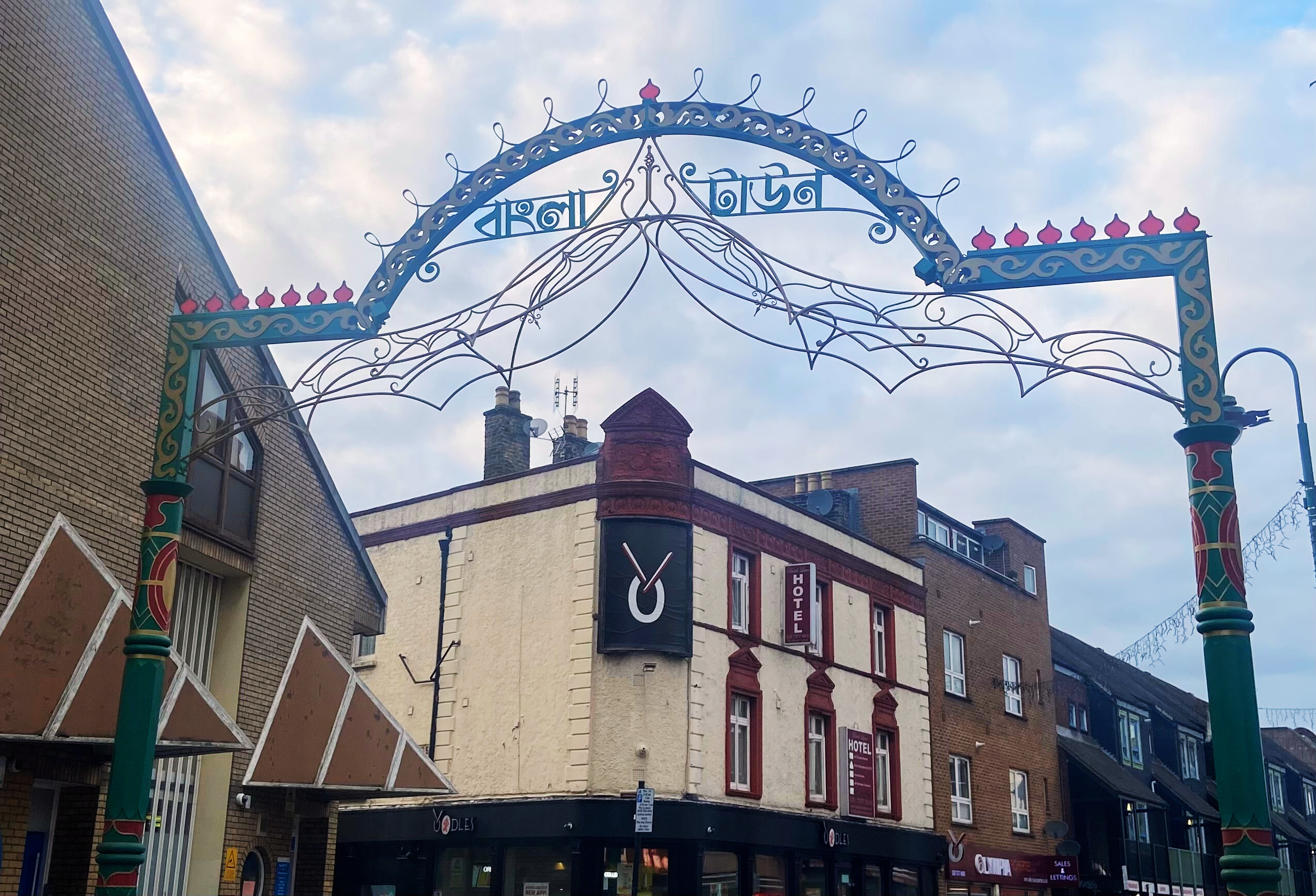The university I am studying at this semester, Queen Mary University of London, is only a 25-minute walk from Brick Lane, an iconic and vibrant street known for its rich history.
I have been able to visit the Brick Lane Bookshop which has various contemporary novels. The Freedom Press Bookshop falls from Queen Mary to Brick Lane and has books from authors such as Frantz Fanon and Angela Davis. The staff are extremely knowledgeable and there to help if needed. On Brick Lane, there are multiple vintage shops I have visited. The charity vintage shops use the money spent by customers on charity organizations and grassroots movements to save Brick Lane. For dinner, I tried Graam Bangla which is a local restaurant in the area.
As mentioned, Brick Lane is rich in culture, as a result of the immigrants who have lived there. Brick Lane, also known as Banglatown, has roots in Bengali immigration from the 1600s during the British East India Company. Centuries later, when Bangladesh was facing genocide in 1971, Bengalis stayed in London and protested to show their support for independence back home. Soon after, the murder of a British Bangladeshi, Altab Ali, led to the park near Brick Lane to be renamed after him in his honor.
Brick Lane holds significance to the Bengali community that inhabits it. It is where Bengalis come to visit and feel safe. It is also where people come to learn about and immerse themselves in Bengali culture.
The gentrification of Brick Lane has done nothing but harm locals and their ability to live in their homes. People who were born in/near Brick Lane are no longer able to purchase homes of their own in the area. Additionally, the Truman Brewery has become a key landowner in the area which is known to refuse to renew leases of Bengali local businesses and use intimidation tactics to draw Bengalis out. In 2020, the owners of the Truman Brewery gave a plan for an office building and shopping center to physically divide the north of Brick Lane and Banglatown.
The same year, the Save Brick Lane coalition was formed to oppose the Brewery’s development projects. The coalition consists of The Bengali East End Heritage Society, The Spitalfields Trust, Nijjor Manush, House of Annetta, East End Preservation Society, and Spitalfields Life as well as the East End Trades Guild which is a total of approximately 350 small East London businesses.
Some local businesses tourists can support on Brick Lane include the Beigel Bake Brick Lane Bakery, Tati, and Amar Goan.
Tabina Rehman
Fall 2024
GW Exchange - Queen Mary, University of London
Columbian College of Arts and Science
Political Science Major


